The ECON button in your car is a nifty feature that can help you save fuel by adjusting various settings to prioritize efficiency.
So, Can You Leave the ECON Button On? But what about leaving it on all the time? Well, it’s not necessarily the best idea, especially if you find yourself needing to accelerate quickly in certain situations.
When the ECON button is on, it typically lowers the engine’s power output and makes other adjustments to maximize fuel efficiency.
While this is great for everyday driving, it can be a hindrance when you suddenly need that extra boost of power to merge onto a highway or overtake another vehicle.
In these situations, turning off the ECON mode can help ensure you have the full power of the engine at your disposal, allowing for quicker acceleration and safer maneuvering.
So, while it’s perfectly fine to leave the ECON button on for regular commuting or leisurely drives, it’s best to turn it off when you anticipate the need for swift acceleration.
The answer is Yes, you can leave the ECON button on most of the time. It will help you improve your fuel economy and save gas by adjusting the performance of the engine, transmission, and climate control system.
However, there are a few situations where you may want to turn it off, such as:
- When you need to accelerate quickly, such as when merging onto the highway.
- When you are driving on steep inclines or curves.
- When the outside temperature is very high.
Table of contents
When to Turn Off the ECON Button?

If you’re wondering whether you should leave the ECON (economy) button on or not, the answer is that it depends on the situation.
While the ECON mode can help improve fuel efficiency, there are certain scenarios where it’s best to turn it off to ensure better performance and responsiveness when needed.
Here are some situations when you should consider turning off the ECON button:
Remember, the ECON mode is designed to prioritize fuel efficiency over performance. While it can be beneficial for everyday driving, there are situations where turning it off will provide you with the necessary power and responsiveness you need.
Assess the driving conditions and your requirements to determine whether leaving the ECON mode on or off is the best choice for you.
| Situations When to Turn Off the ECON Button |
|---|
| Quick acceleration |
| Driving uphill |
| Towing or carrying heavy loads |
| Driving in snowy or slippery conditions |
| Passing maneuvers |
Situations Requiring Quick Acceleration:
When it comes to driving, there are certain situations where you might find yourself needing to accelerate quickly.
In these instances, it’s best to turn off the ECON button to ensure you have the power and responsiveness necessary to handle the task at hand.
Here are a few scenarios where you should consider disabling the ECON mode:
It’s important to note that while the ECON mode is designed to improve fuel efficiency by optimizing various vehicle systems, it does come at the expense of reduced power output.
While this mode is beneficial for everyday driving conditions, it might hinder your ability to accelerate swiftly in certain situations.
| Scenario | Recommendation |
|---|---|
| Merging onto highways | Disable ECON mode |
| Overtaking slower vehicles | Disable ECON mode |
| Emergency situations | Disable ECON mode |
In summary, while it’s best to keep the ECON mode on for regular driving, there are specific circumstances where you may need to disable it to ensure you have the necessary acceleration.
By being mindful of these situations, you can make the most out of both fuel efficiency and performance when you’re behind the wheel.
The Impact of Leaving the ECON Button On:

When it comes to the ECON button in your vehicle, there are pros and cons to leaving it on. Here, we’ll take a look at the potential impact of leaving the ECON button turned on while driving.
In summary, leaving the ECON button on can improve fuel efficiency, but it may come at the cost of reduced acceleration and slightly impaired air conditioning performance.
Ultimately, the decision to leave it on or turn it off depends on your driving preferences and the specific situation you find yourself in. Keep in mind that you can always toggle the ECON mode on or off based on your current needs.
Benefits of Turning Off the ECON Button:
When it comes to driving with the ECON button on, there are certainly some benefits. However, there are also situations where it’s best to turn it off. Here are a few reasons why you might want to consider turning off the ECON button:
It’s important to note that while turning off the ECON button may provide these benefits, it might also lead to increased fuel consumption in certain driving conditions.
So, it’s a trade-off between performance and fuel efficiency. It’s a good idea to assess your driving needs and make a decision based on the situation at hand.
Improving Fuel Efficiency:

When it comes to improving fuel efficiency, there are several simple steps you can take to make a difference. Here are some tips to help you get the most out of your vehicle’s fuel economy:
Remember, improving fuel efficiency is a combination of small changes and mindful driving habits.
By incorporating these tips into your routine, you can maximize your vehicle’s fuel economy and save money at the pump.
| Tips for Improving Fuel Efficiency |
|---|
| – Maintain a steady speed |
| – Avoid excessive idling |
| – Keep your tires properly inflated |
| – Reduce vehicle weight |
| – Plan your trips efficiently |
| – Use the ECON button wisely |
By following these guidelines and making small adjustments to your driving habits, you’ll be on your way to better fuel efficiency.
Balancing Comfort and Performance:
When it comes to the ECON button in your car, finding the right balance between comfort and performance is key.
While keeping the ECON mode on can improve fuel efficiency and help save you money in the long run, there are situations where you may need to turn it off for a more responsive and powerful ride.
Here are a few factors to consider when deciding whether to leave the ECON button on or off:
In the end, striking a balance between comfort and performance depends on your driving preferences and the specific circumstances you find yourself in.
Evaluate your needs and adjust the ECON mode accordingly to ensure an enjoyable and efficient driving experience.
| Pros | Cons |
|---|---|
| Improved fuel efficiency | Reduced acceleration |
| Cost savings in the long run | Slightly warmer cabin temperatures |
| Ideal for highway driving | Limited engine power |
| Less strain on the engine | Less responsive throttle |
Remember, the ECON mode is a tool to optimize your driving experience, and using it judiciously can help you find your sweet spot between fuel economy and performance prowess.
Long-Term Effects of Using the ECON Button:
The ECON button in your car can be a useful feature to improve fuel efficiency and reduce your carbon footprint. However, it’s important to consider the long-term effects of using this function. Here are a few points to keep in mind:
It’s important to strike a balance between fuel efficiency and performance when deciding whether to use the ECON mode.
While it can be beneficial for everyday driving, it’s best to turn it off in situations where you may need to accelerate quickly or require the full power of your vehicle.
Ultimately, it’s up to you to weigh the trade-offs and choose the setting that suits your driving needs and preferences.
Conclusion and final thoughts 💭
The ECON button can be a useful feature in improving fuel efficiency and reducing emissions in your vehicle. However, it’s important to consider the trade-off between efficiency and performance.
Here are the key takeaways:
- Fuel Efficiency: Leaving the ECON button on can help you conserve fuel over longer drives, especially in stop-and-go traffic or during highway cruising.
- Smooth Driving: The ECON mode optimizes engine performance for efficiency, which may result in a smoother and more relaxed driving experience.
- Eco-friendly: By reducing fuel consumption, the ECON mode contributes to a greener environment by reducing carbon emissions.
However, there are situations where it’s best to turn off the ECON button, particularly when you need to accelerate quickly.
The ECON mode may limit engine power output, affecting your ability to overtake or merge into fast-moving traffic.
To summarize, the ECON button can be left on for everyday driving, especially for city commutes and longer trips where fuel efficiency is a priority.
But when you need that extra burst of power, it’s advisable to turn off the ECON mode to ensure optimal performance.
Remember, every vehicle and driving situation is unique, so it’s essential to consider your specific needs and preferences before deciding whether to leave the ECON button on or off.
| Key Points |
|---|
| – ECON mode improves fuel efficiency |
| – Smooth driving experience |
| – Reduces carbon emissions |
| – May limit engine power for quick acceleration |
| – Consider individual driving needs and preferences |
By making an informed decision about when to use the ECON mode, you can strike a balance between efficiency and performance, ultimately enhancing your overall driving experience.
Latest Posts:
- Can WD-40 Remove Scratches on Cars? (Hint: Yes, but…)
- Can You Use a Drill to Polish Your Car? (We Tried it Out!)
- Should You Cover Car Scratches With Stickers? (REVEALED!)
- Buick Service Stabilitrak: (Causes & 100% Guaranteed Fix!)
- Common Holden Trax Problems (Causes & 100% Proven Fixes!)
- Jeep Commander Transmission Over Temp: (Guaranteed Fix!)

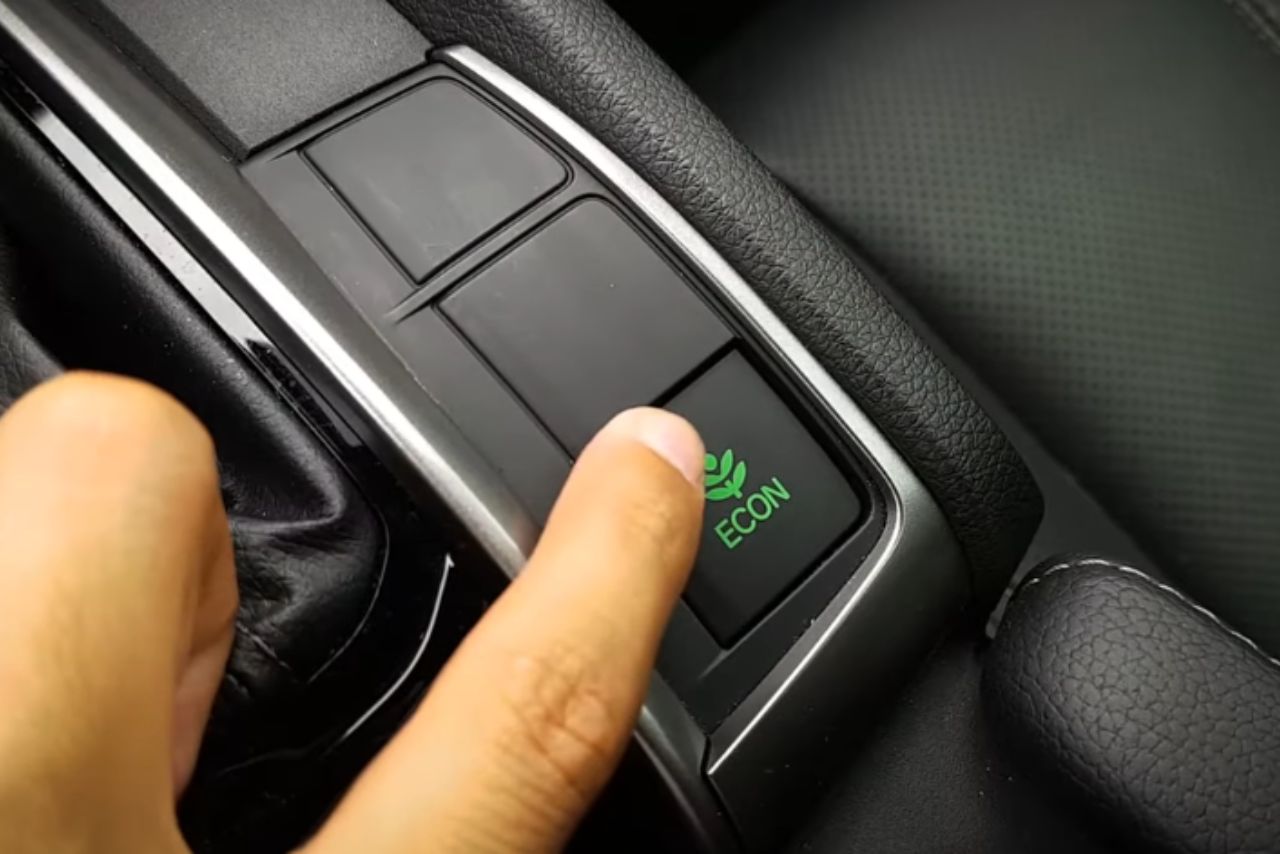



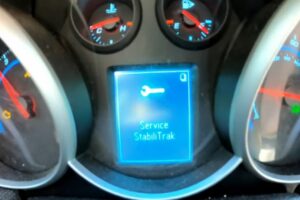

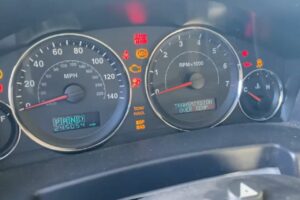

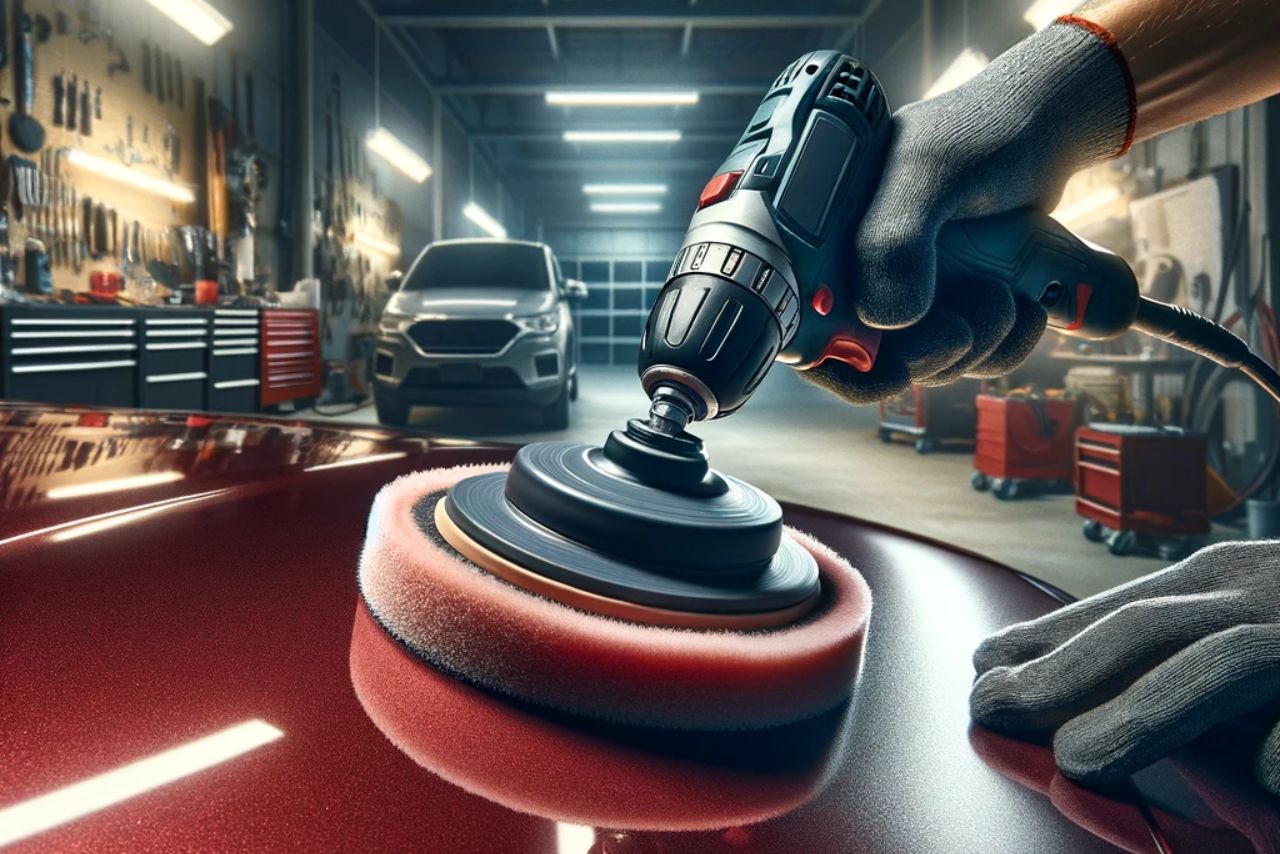
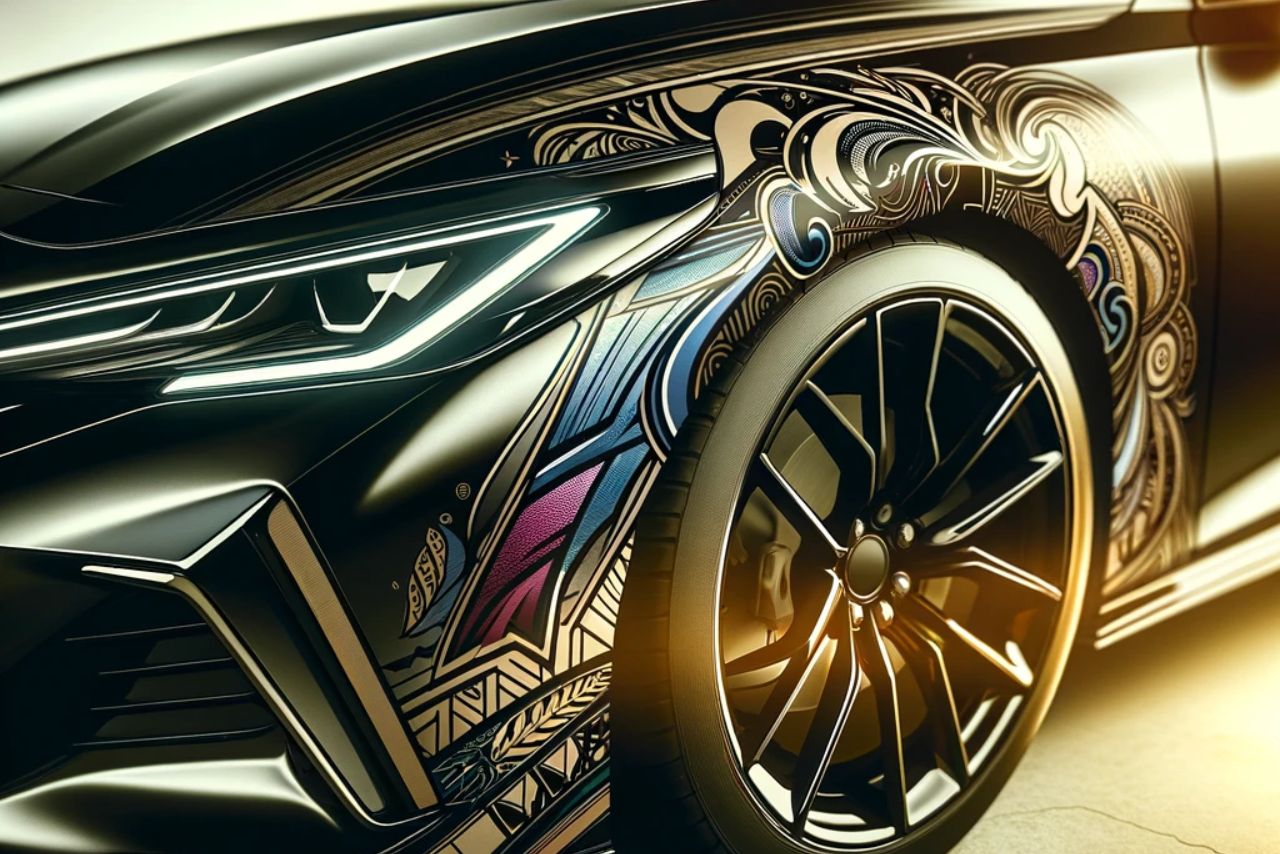
Leave a Reply